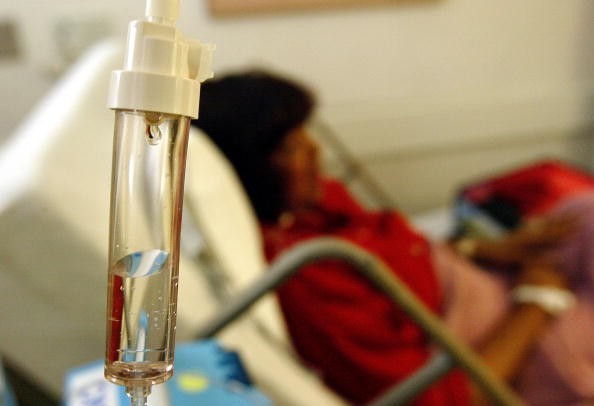
Doctors have discovered how a simple blood test can detect cancer relapse several months before it is diagnosed by doctors.
It's a fact that breast cancer can return even after the 5-year survival period often mentioned by oncologists and cancer reference materials. It's just a matter of when.
Unfortunately, by the time the cancer returns or recurs, it may have already spread to other organs and have become more advanced or more aggressive. In certain cases, it becomes terminal.
Thus, the findings of a group of doctors from the Institute of Cancer Research in the UK are invaluable.
According to the study, which is published in Science Translational Medicine, a blood test can predict a breast cancer relapse at least 7.9 months earlier than the doctor's diagnosis by studying the development of tumor cells DNA.
Cancer often manifests itself as a tumor or mass, which can be removed through surgery. Any remaining cancer cells may be eliminated through other forms of treatment such as chemotherapy, radiation therapy, and immunotherapy. However, even a single tumor cancer cell that remains in the body is enough to begin a recurrence.
During the study, the doctors worked with 55 women who have been diagnosed and have been treated for breast cancer at their early stages. Every 6 months, their bloods were drawn and analyzed.
Fifteen women have eventually relapsed, but the doctors were already able to predict 12 of them. Further, based on the results of the trial, those who tested positive of the tumor cells DNA have at least 12% risk of recurrence.
The test doesn't only predict recurrence, but it also helps doctors provide the right drugs or treatment based on the development of these tumor cells.
The method the doctors used is still not available in hospitals as they still have to conduct more trials and seek more participants. But they hope to accelerate its adoption.



